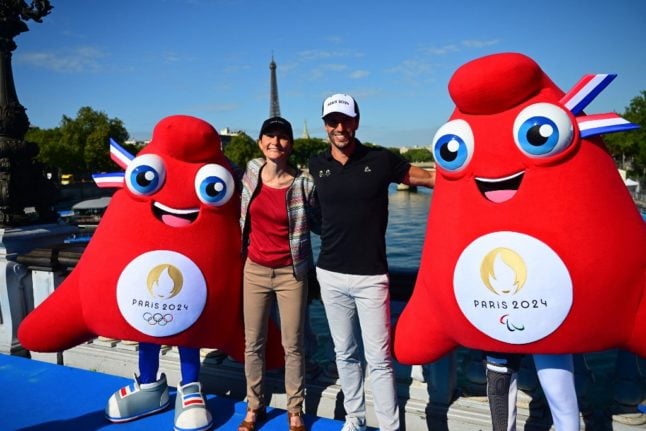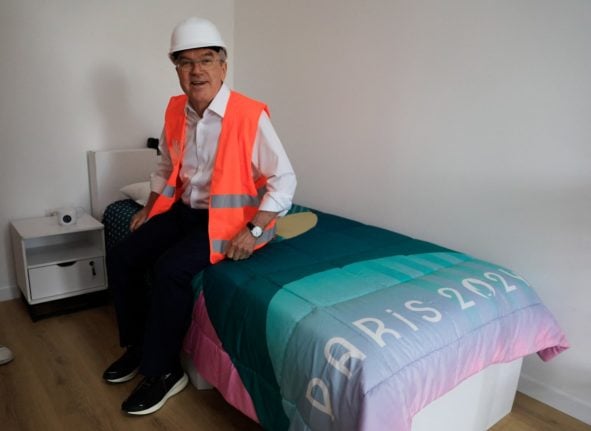A recruitment fair is being held next week at the Olympic athletes’ village in Saint-Denis in a quest to find suitable candidates with the 2024 Games only 10 months away.
With employers in some sectors struggling to recruit since the Covid pandemic, this Olympian-size job drive will be “a challenge for both private security and catering”, said Cecile Martin from the French government’s department of labour.
Non-EU workers will need a residency permit in place in order to work – employers will not sponsor visas for overseas workers – and there has been additional scrutiny on Olympic projects after it was found that some staff working on Games construction projects were undocumented.
All of this means that next week employers will have to convince potential candidates that the Olympic rings on their CVs represents a plus.
“It’s a rich experience which will be valued by future employers,” promised Tony Estanguet, head of the Paris 2024 organising committee.
“It’s a great challenge, like the Games,” he told AFP.
“And all the better if the dynamic of the Olympic Games enables sectors in difficulty to find employees.”
The company awarded the contract to keep the athletes fed and watered at the Olympic Village and in 14 competition venues is seeking to recruit 6,000 staff.
The French RATP transport company needs bus drivers, while the clock is ticking for security firms to find the 17,000 to 22,000 people required to help the Games run smoothly.
Several thousand more will be required to help secure the fan zones.
According to Pole Emploi, France’s national employment centre, by the end of last month 6,200 people had been hired in this sector with a further 8,000 on training courses.
The Paris organising committee also needs staff in various areas. Its team numbers 1,700 now, with over 4,000 required by the time of the Games.
How many actual new jobs of the 18,000 identified will be created by next year’s Olympics is uncertain.
“This information will be available at the end of the Games,” said Christophe Lepetit from the Centre for Law and Economics of Sport (CDES).



 Please whitelist us to continue reading.
Please whitelist us to continue reading.
Member comments